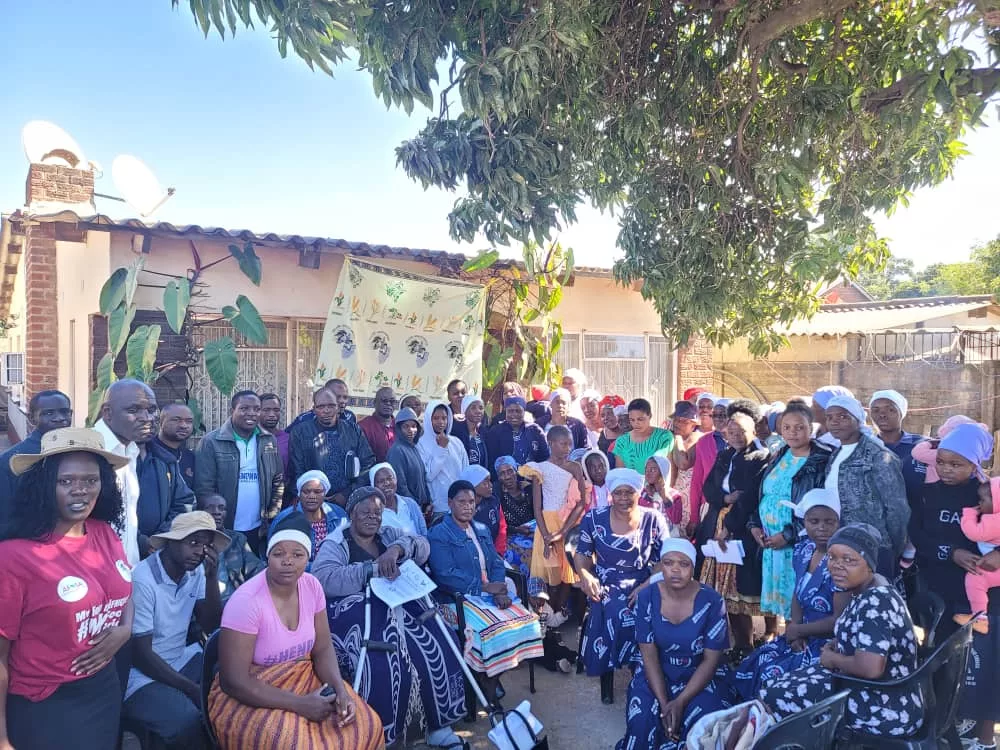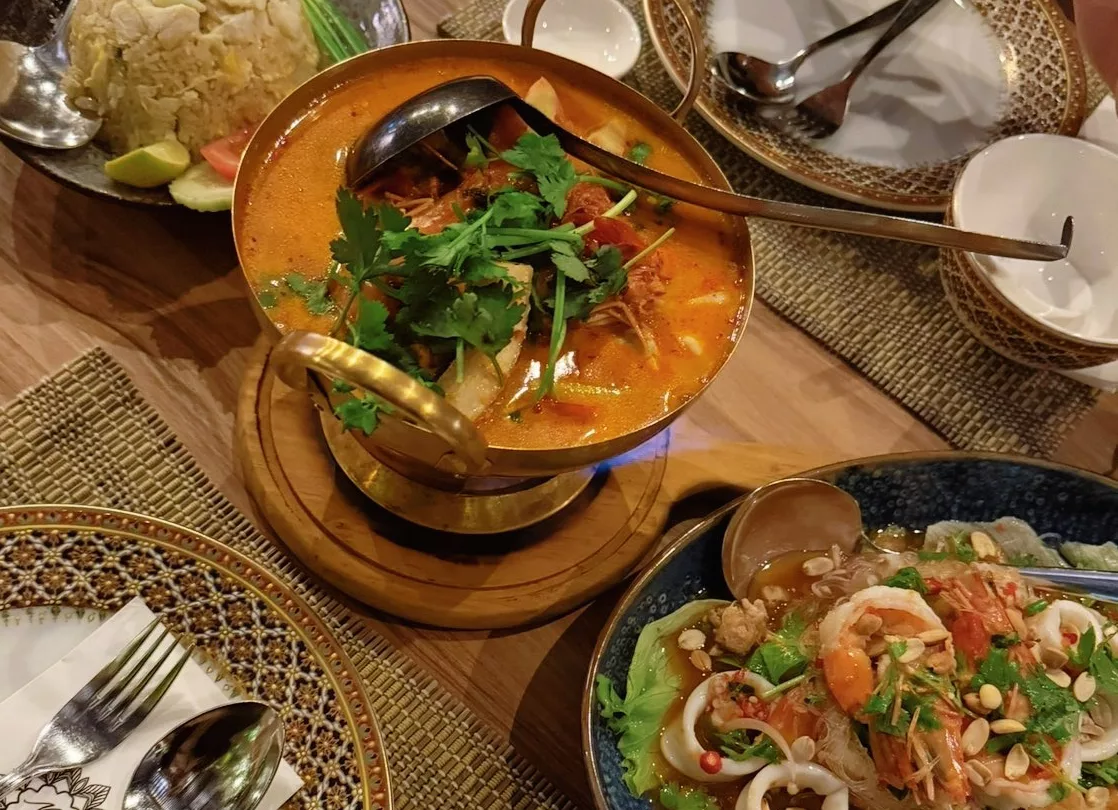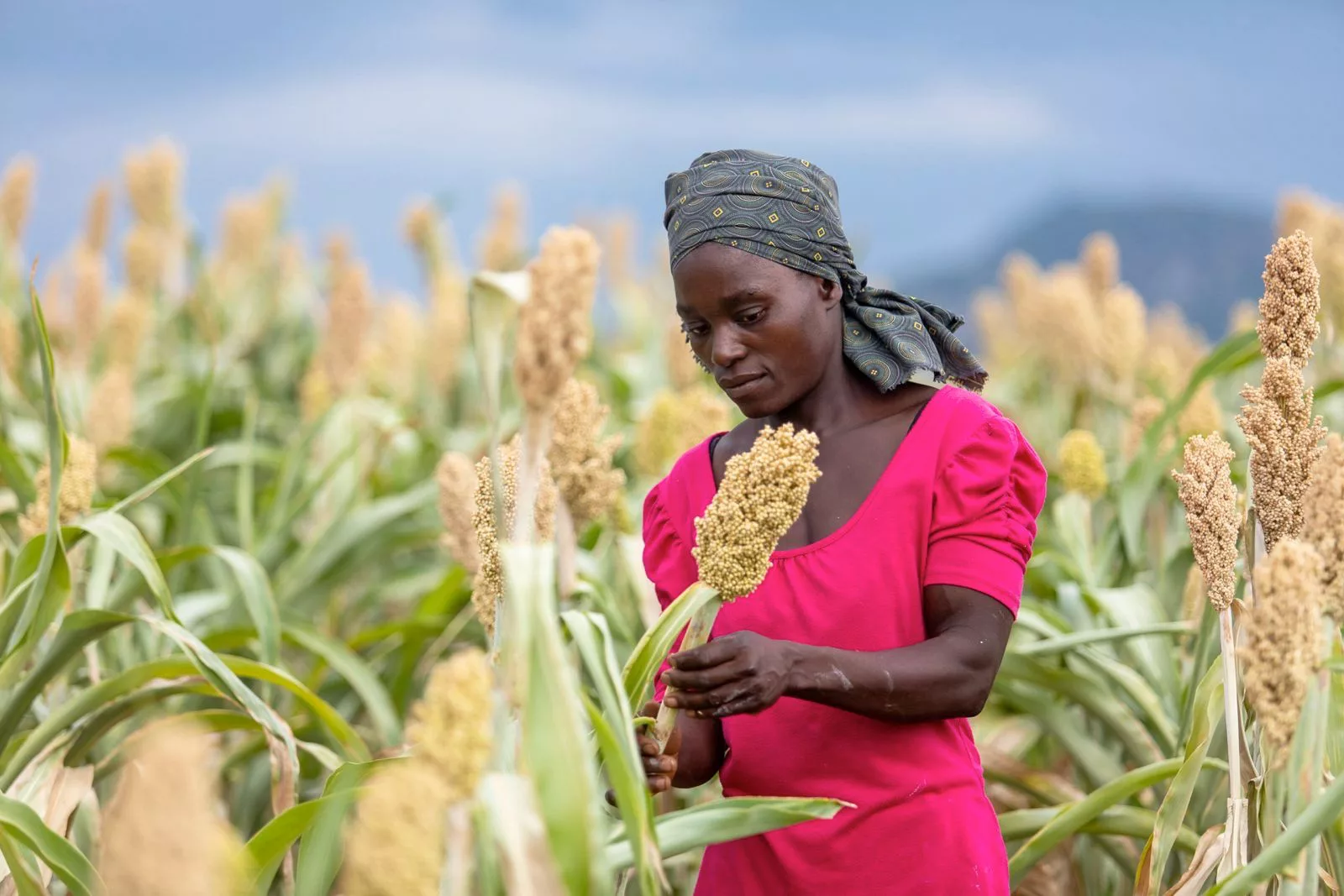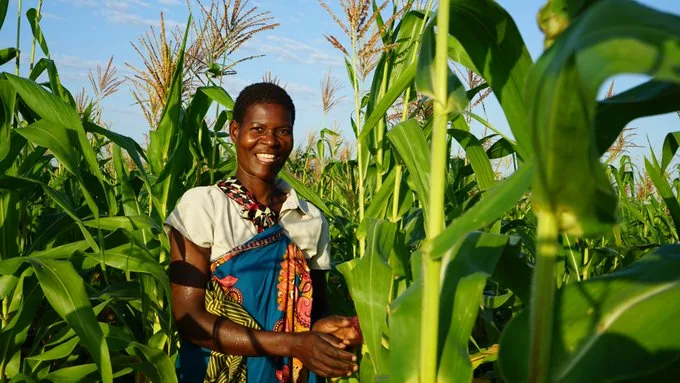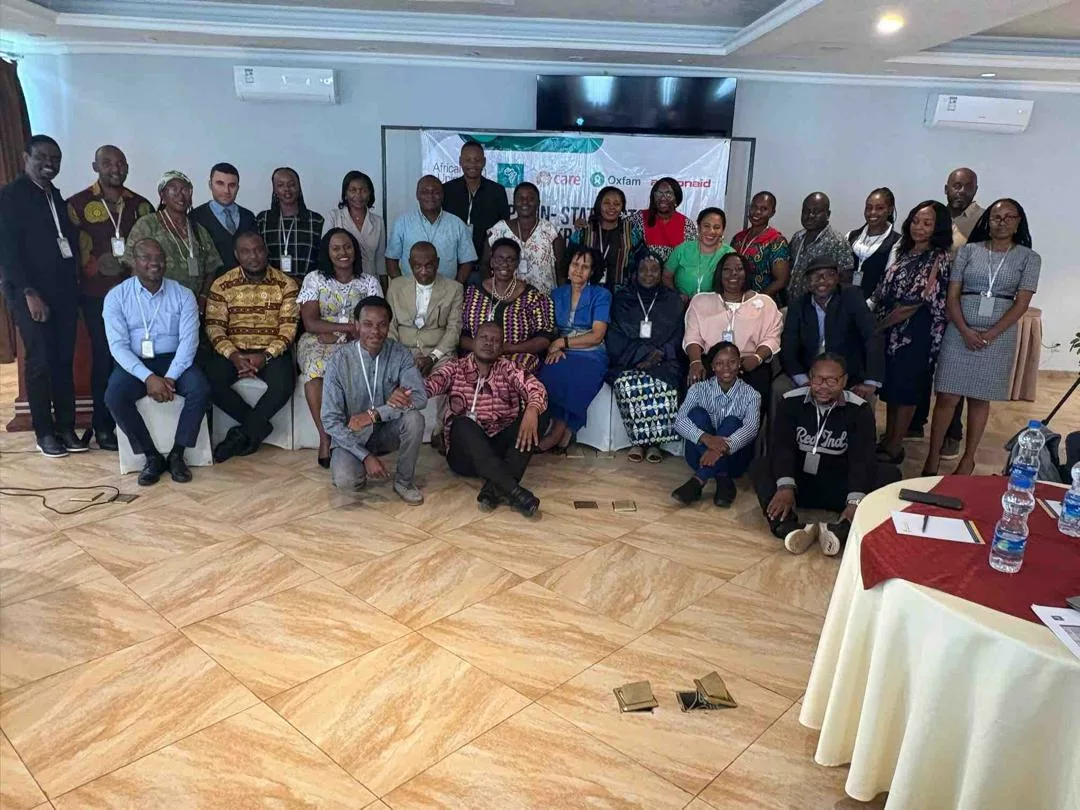|
Getting your Trinity Audio player ready...
|
A significant occasion, Africa Day honors the achievements, diversity, and solidarity of the continent. With the assistance of My Food is African, a regional campaign for My Food is Zimbabwe, the Mbare community has utilized the celebration this year to highlight the importance of agroecology in tackling climate change, a significant issue affecting agriculture and food security throughout Africa.
The “My Food is Zimbabwe” campaign highlights local food production and consumption while honoring traditional farming practices and indigenous crops. This initiative aligns with the broader “My Food is African” campaign and promotes food sovereignty across the continent.
As groups like the Climate Action Network (CAN) Zimbabwe, PELUM (Participatory Ecological Land Use Management), and the “My Food is Zimbabwe” campaign teamed up to inform communities in Mbare about climate change, food sovereignty, and agroecology, the celebration took on a unique focus.
Over sixty adults attended the celebration. As they commemorate Africa Day, some of them dress in traditional African garb. Agroecology, according to Naume Bekete, one of the organizers of My Food is African, is a method that combines ecological principles with agricultural methods. It encourages environmentally friendly farming practices that boost soil health, biodiversity, and climate change resilience. Case studies from Uganda that asked, “Are we producing food or poison?” were read during the celebration.
The case studies demonstrate how, in the 1990s, farmers would carry ekuron, or wood ash, to apply to the crops. They would also carry mixtures of boiled herbs, dung, chicken droppings, and crop residues. Farmers would use traps to capture rodents and rotate and switch crops. Farmers were self-sufficient and used resources that were readily available in their area. Change comes in the form of pesticides, herbicides, and fertilizers. Despite their speed, these chemicals have multiple properties.
Community members were urged to: Support farmers’ markets that promote local produce, which strengthens community ties and economies; Focus on growing native plants that are better suited to local conditions and cultural preferences; and Exchange traditional recipes and farming methods that have been passed down through the generations.
According to Wellington Madumira, coordinator of the Climate Action Network Zimbabwe, food security in Africa is seriously threatened by climate change, so it is crucial to give communities the skills and resources they need to overcome these obstacles.
To combat climate change and variability, Mr. Madumira added, farmers should implement crop rotation and water conservation strategies. To support sustainable agricultural practices, he urged communities—women in particular—to participate in local and national policy discussions.
The meeting acknowledged the subsequent advantages of agroecology. By encouraging a variety of crop species, agroecology enhances ecosystems, thereby increasing their resilience against pests and diseases. Methods like crop rotation and organic farming contribute to soil fertility, thereby decreasing reliance on chemical fertilizers. Agroecological practices, including mulching and rainwater harvesting, promote effective water utilization, which is vital in regions susceptible to drought. Agroecology nurtures local expertise and community involvement, enabling farmers to gain authority over their food systems.
Although the Mbare community has embraced agroecology, several challenges persist. Limited access to essential resources, including seeds and tools, coupled with climate variability, presents considerable obstacles. Nevertheless, the community’s dedication to agroecology offers avenues for innovation and collaboration.
As Zimbabwe confronts the repercussions of climate change, the Mbare community’s promotion of agroecology serves as a symbol of hope. By commemorating Africa Day with an emphasis on sustainable agriculture, Mbare is not only tackling local issues but also playing a role in a broader movement towards environmental stewardship throughout the continent.


